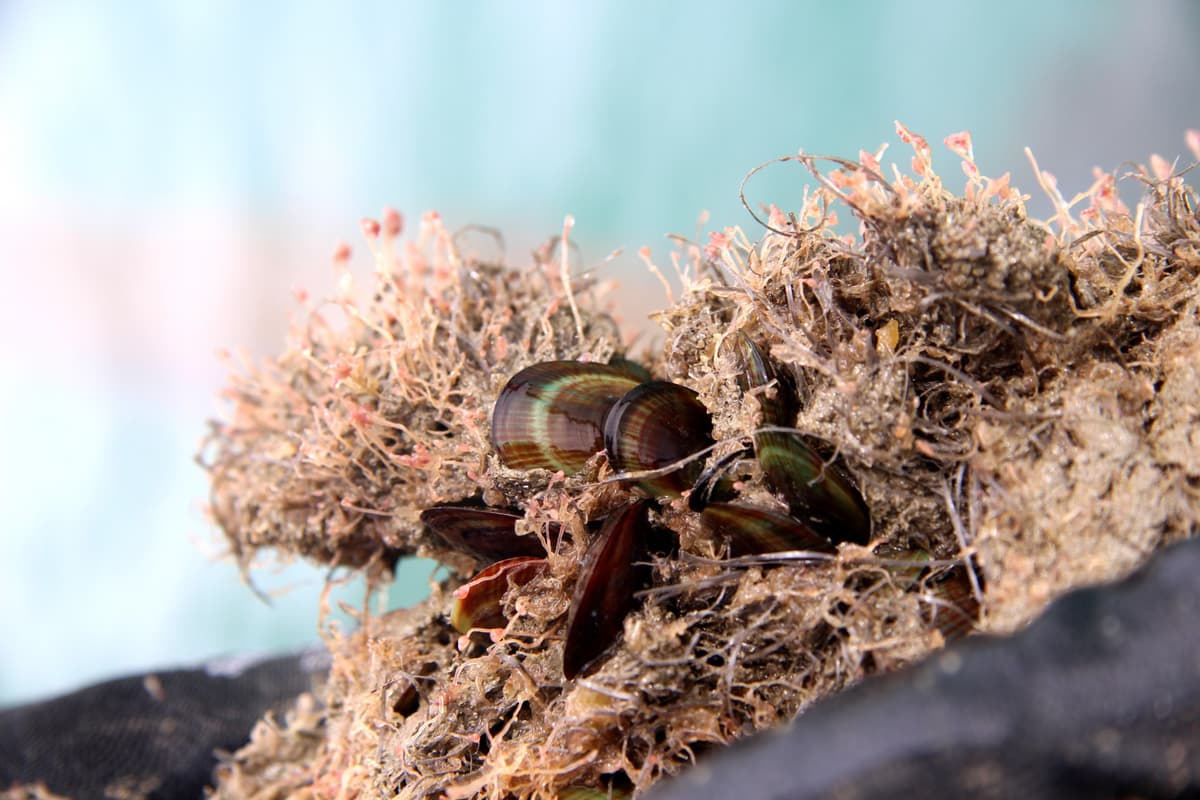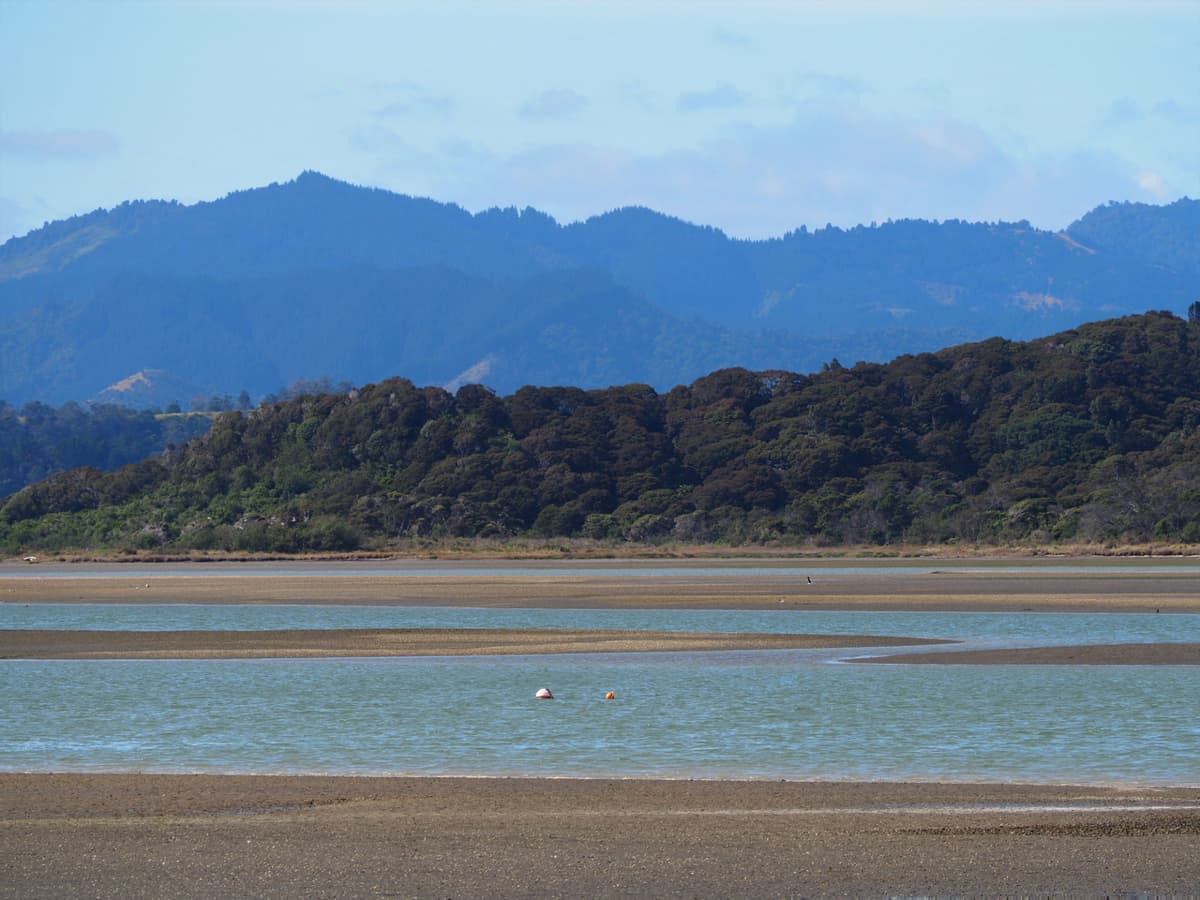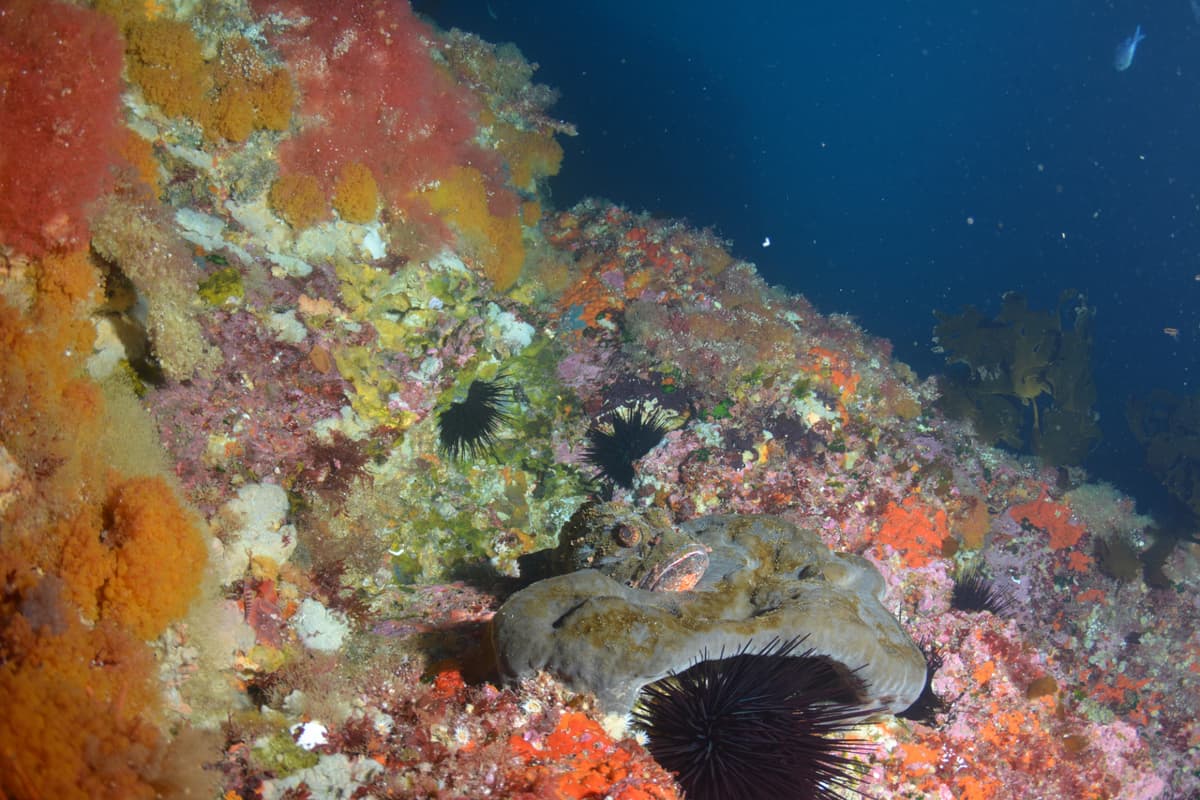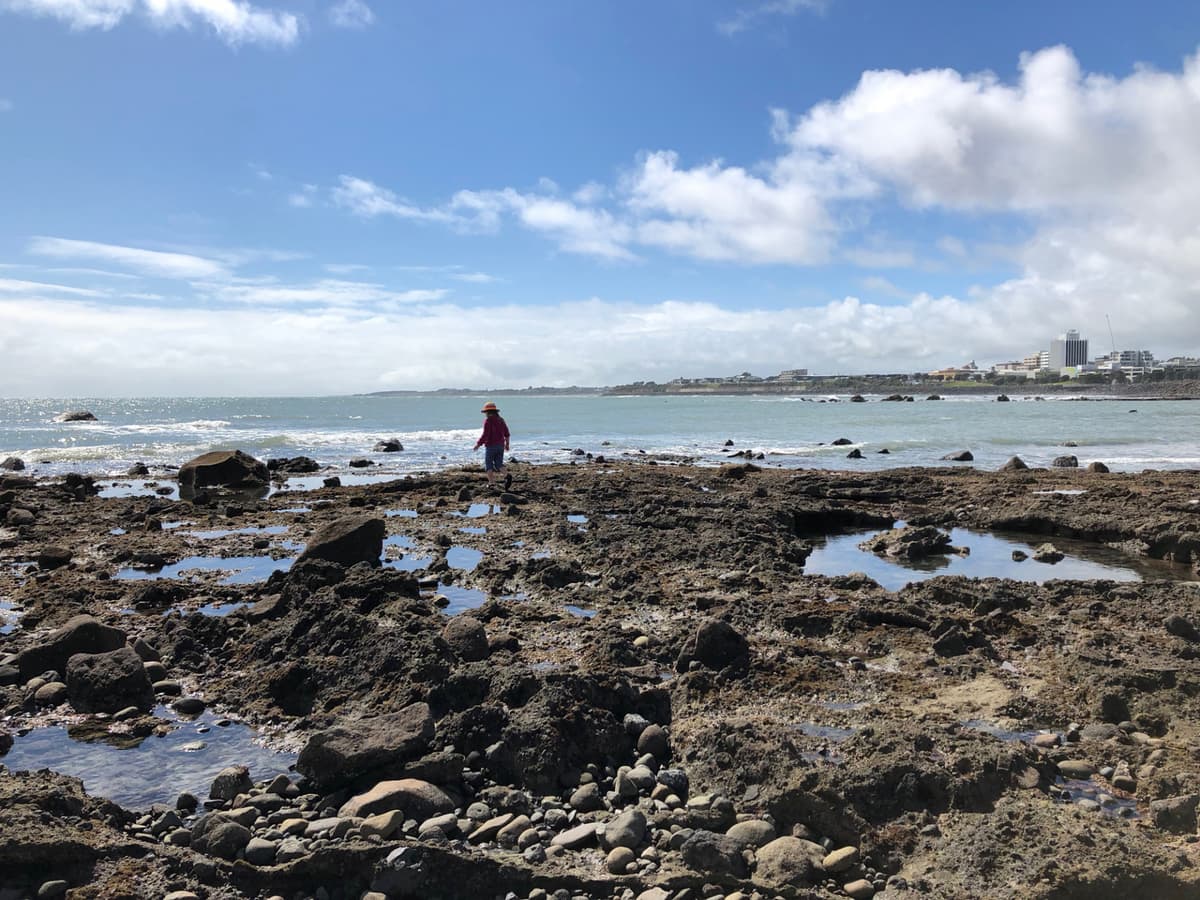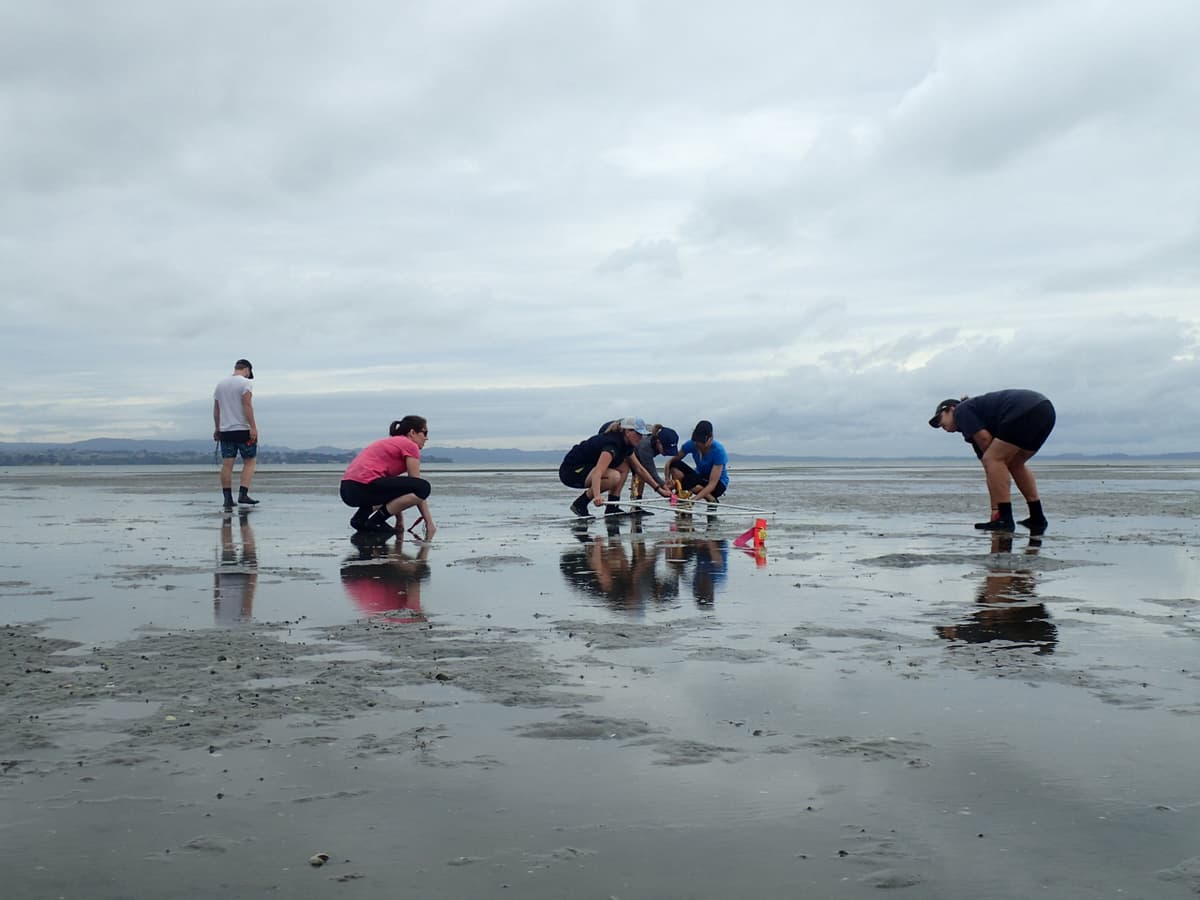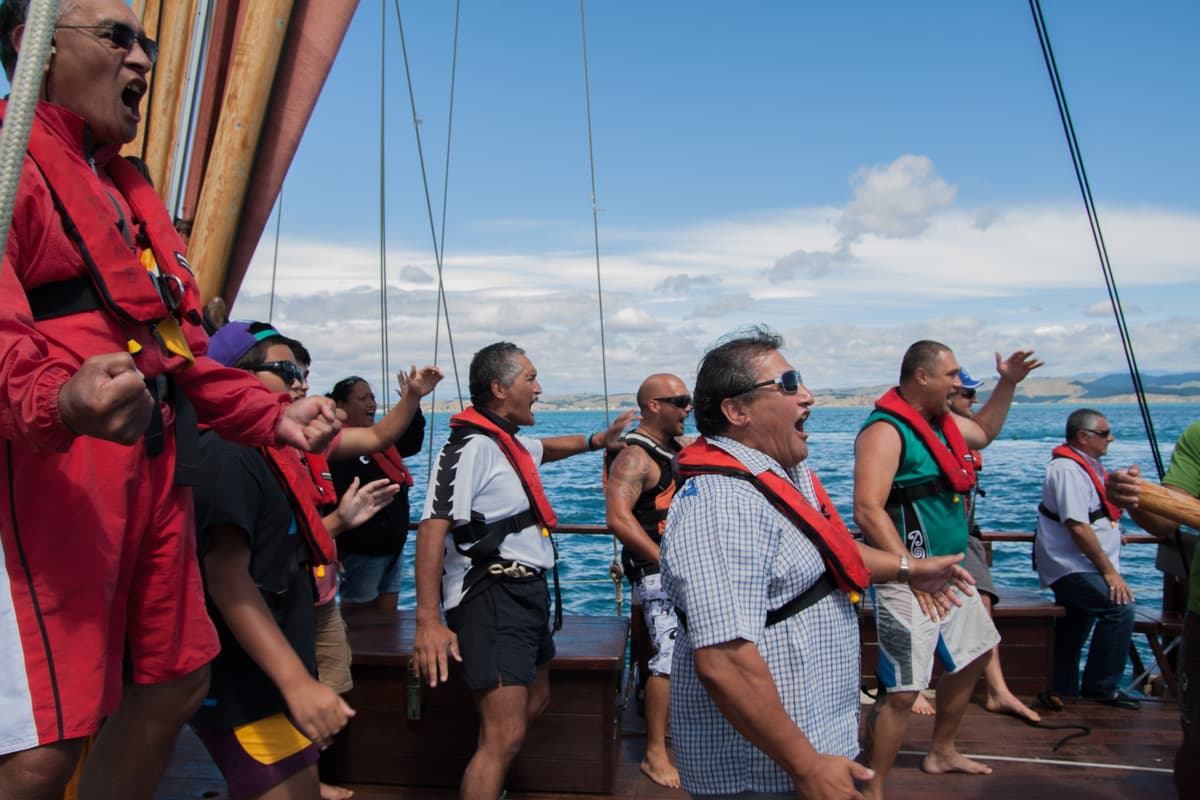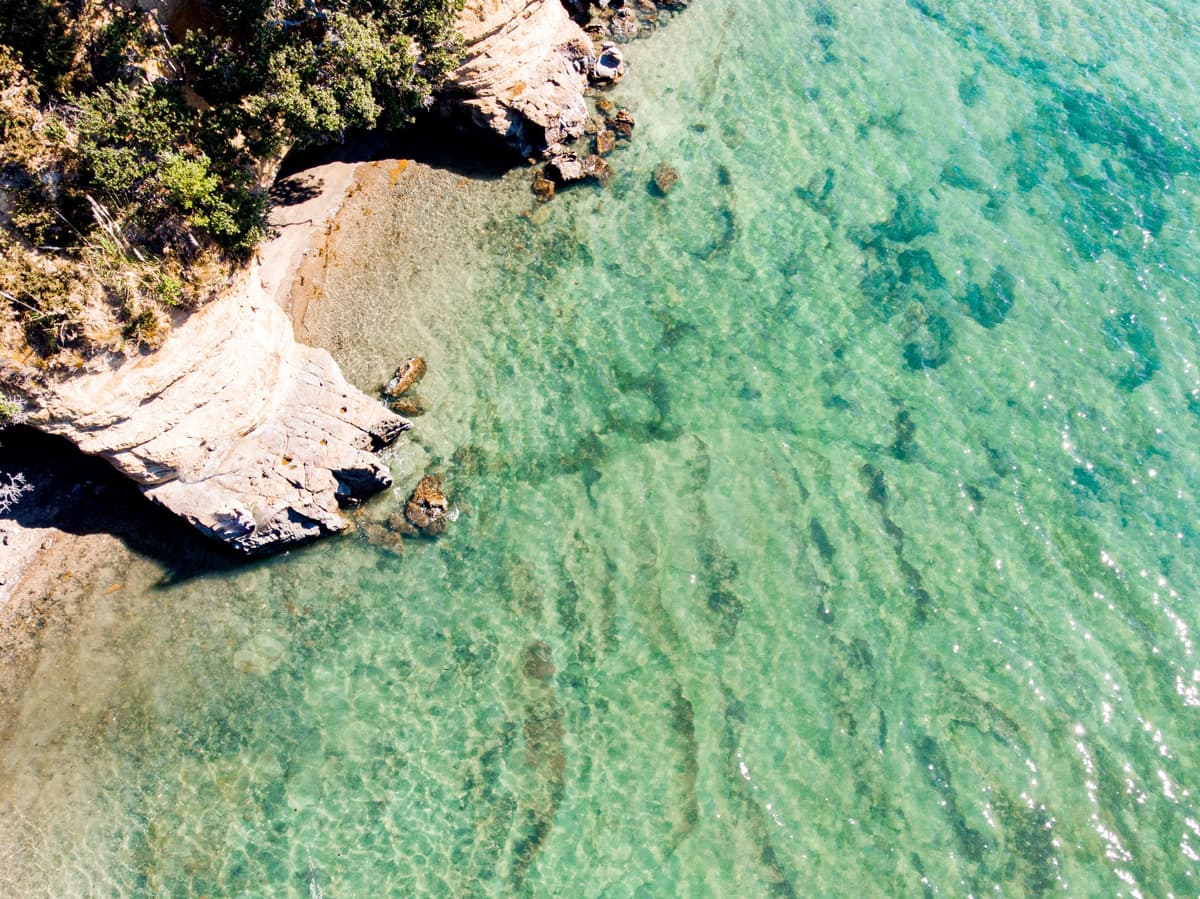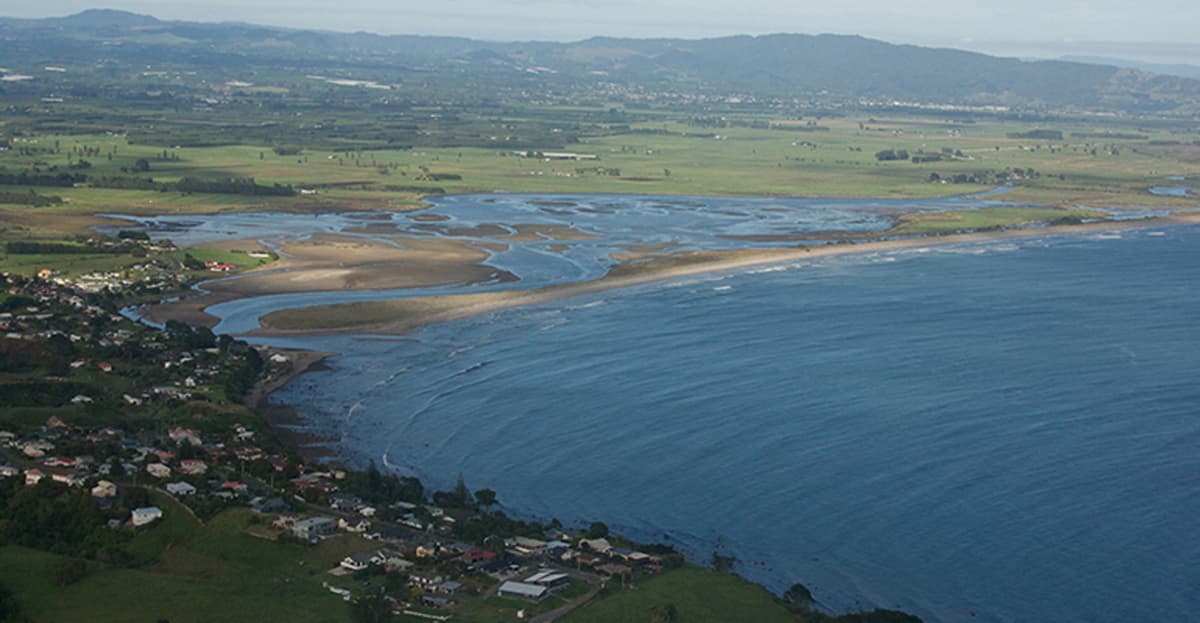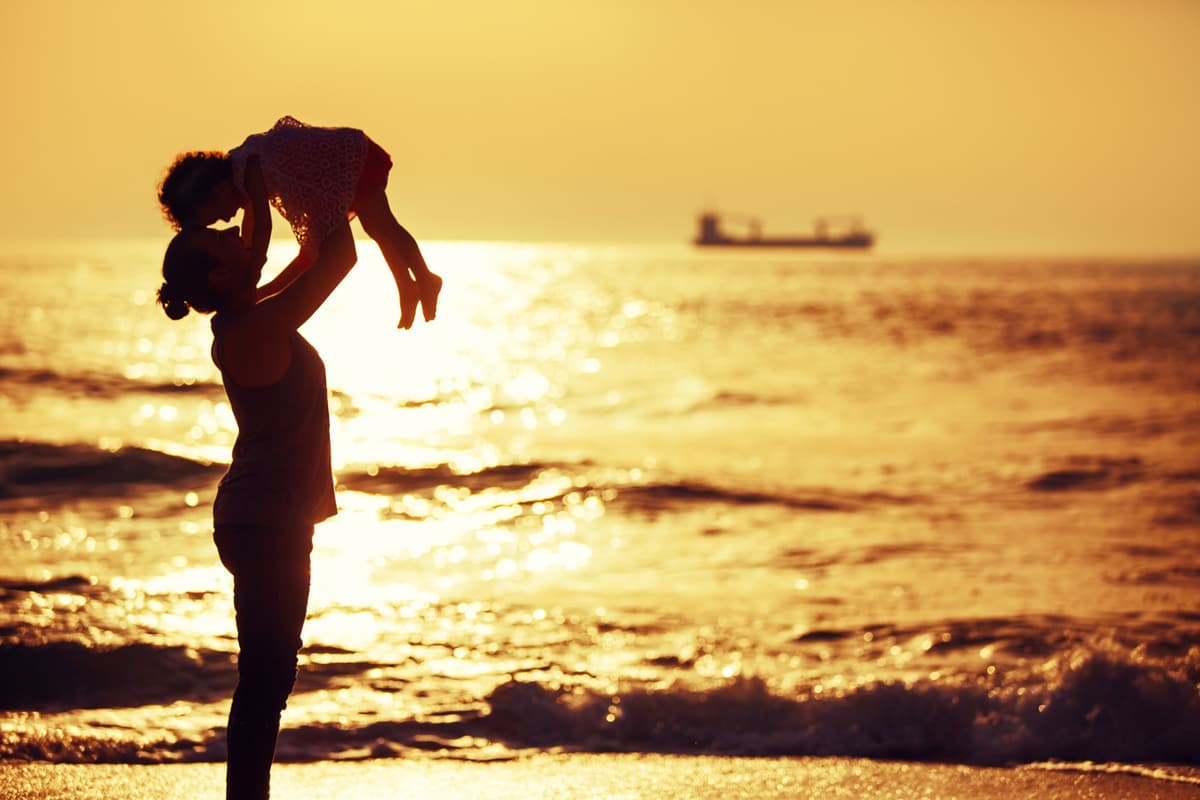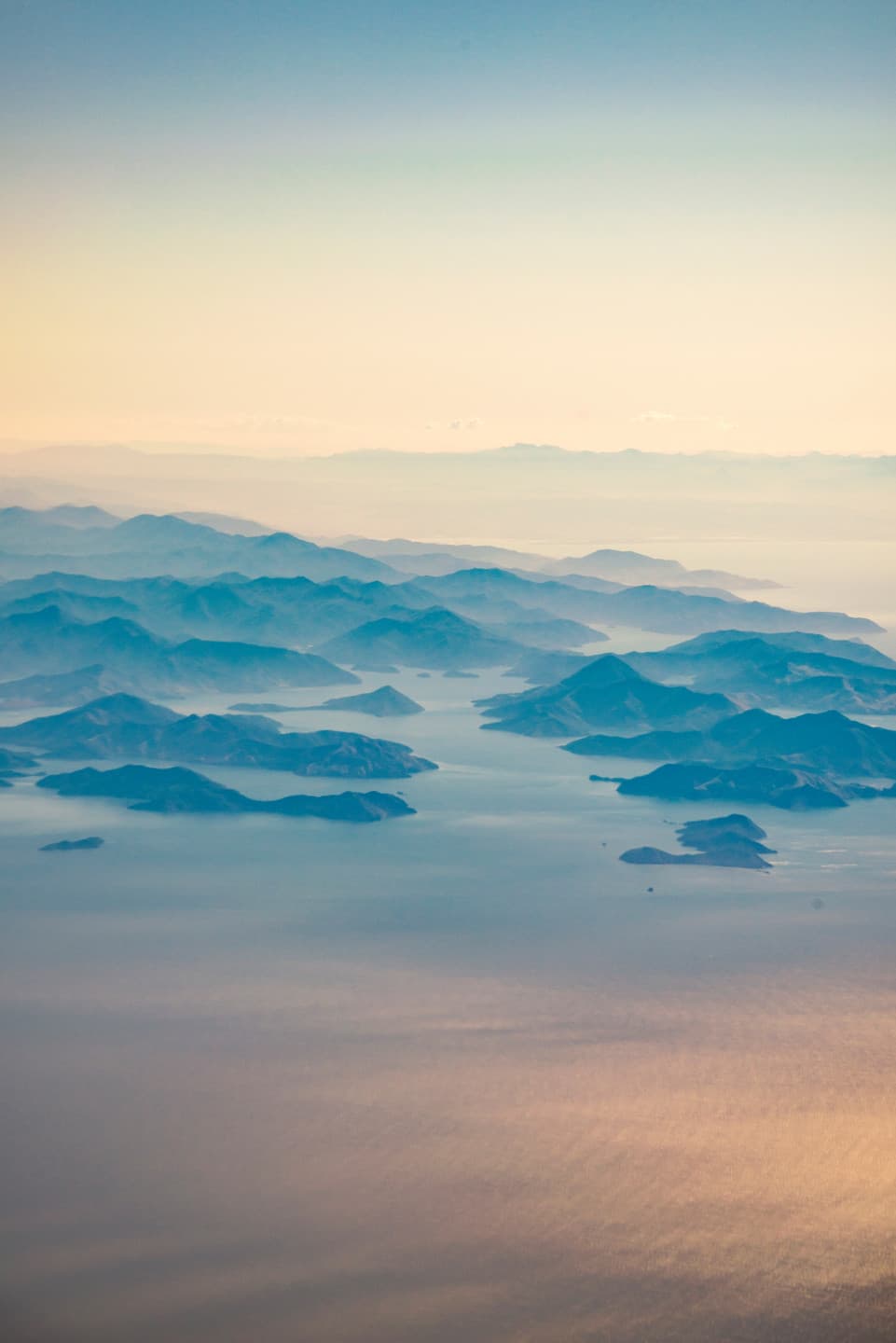Determining the benefits of small-scale, community-based marine restoration initiatives
| Project Leader | Duration | Budget |
|---|---|---|
| Eva Siwicka (University of Auckland) | August 2021 – June 2023 | $437,218 |
Successful marine restoration projects from around the world all share the same pattern: the key to their success is the community-led ‘ground-up’ approach, because people are more invested in the outcome.
In Aotearoa New Zealand, many iwi and community groups champion and lead initiatives to restore degraded marine environments. However, gaining support from government and/or investors is often difficult because the benefits (social, ecological, and economic) are hard to quantify.
To bridge this gap, we are synthesising and integrating knowledge from across our research to provide baseline information and guidance for communities, iwi, businesses, and investors looking to engage in marine restoration initiatives.
This involves the evolution of a Bayes Net model first developed by our Measuring and mapping ecosystem services project to develop a social-ecological framework. Based on three core components of ecological recovery processes, social processes and sustainability, this framework will:
We are incorporating information into this framework from the following active projects:
Ecological responses to cumulative effects – research into recovery processes and bottlenecks is helping us to develop as a foundation to identify the social-ecological benefits of active restoration and where these benefits are most likely to gather.
Awhi Mai Awhi Atu – weaving together mātauranga, kaitiaki and ecology, this project is determining the cultural benefits and opportunities of restorative actions and the development of relevant infrastructure to rural Māori economies. We are linking mātauranga and tohu (fundamental ecological knowledge) to these cultural benefits and opportunities.
Restorative marine economies – a review of current restoration practices in Aotearoa New Zealand provides sustainability and economic indicators that will allow a range of potential investors to assess the viability of restorative economy projects. We are drawing on the ways that investors consider benefits and costs of restoration.
In addition to the Bayes Net model, we will produce a social-ecological network analysis (SNA) map to help iwi and communities navigate bureaucratic structures, and link current policy and plans to ecologically and culturally feasible recovery plans that attract potential investors and businesses.
Growing the restorative marine economy sector and delivering social and environmental benefits using ecosystem-based management will contribute to transitioning to a blue economy in Aotearoa New Zealand.
Eva Siwicka (University of Auckland)
Simon Thrush (University of Auckland)
Kura Paul-Burke (University of Waikato/MUSA Environmental)
Nick Lewis (University of Auckland)
Sandra Cortés Acosta (EnviroStrat)
Karen Fisher (University of Auckland)
Eric Jorgensen (Ocean Bay Farms)
This project has produced or contributed to:

